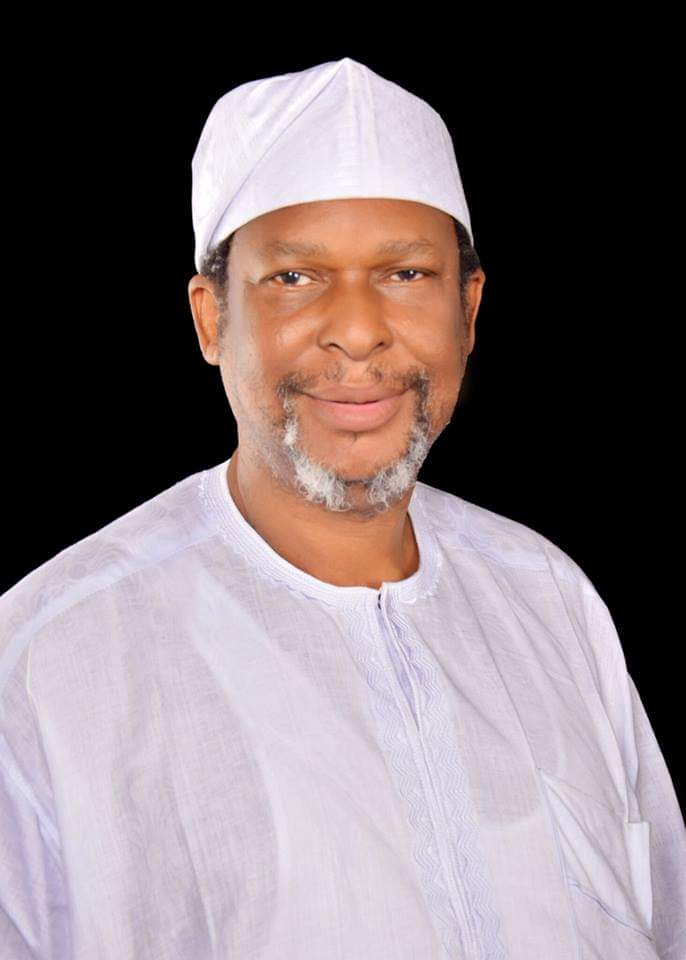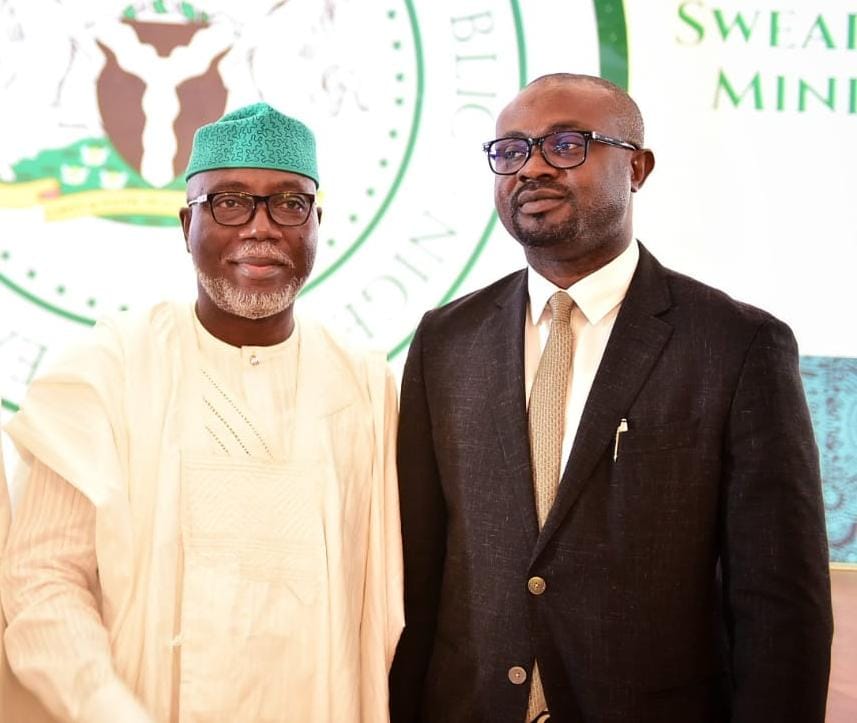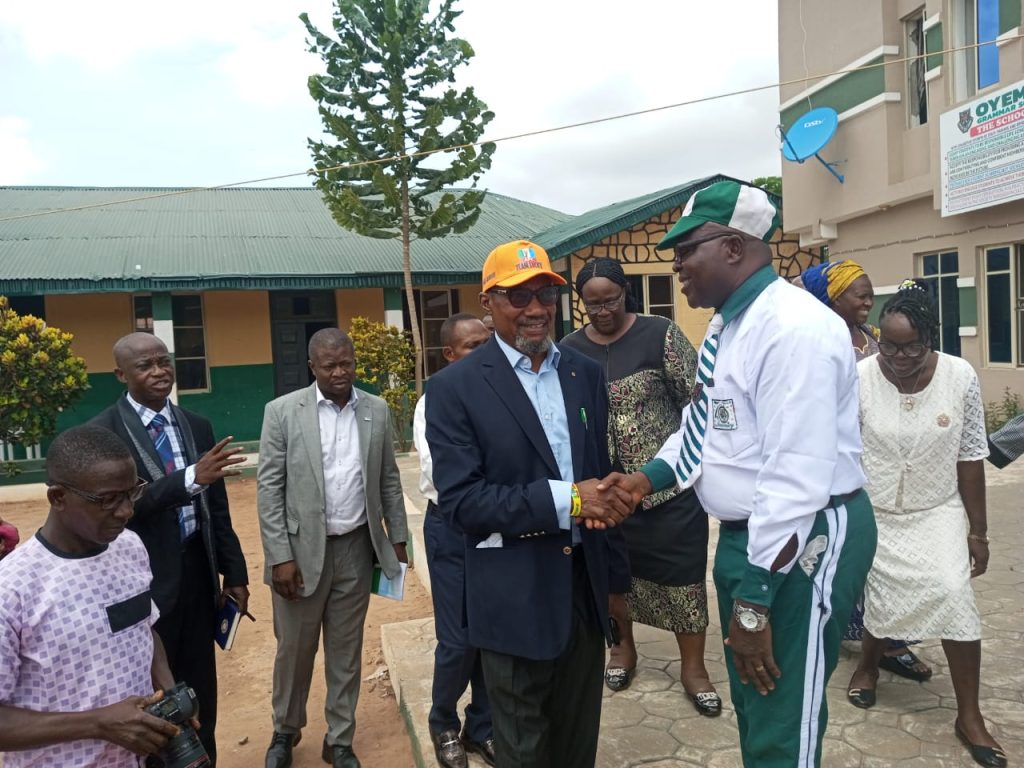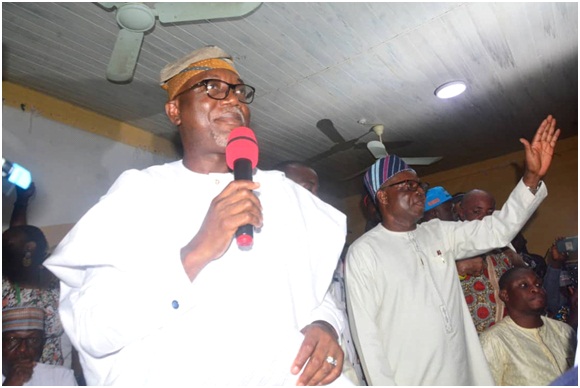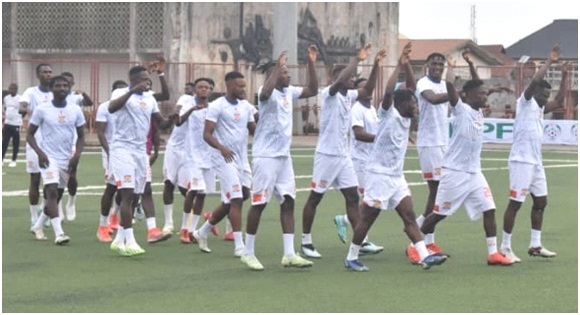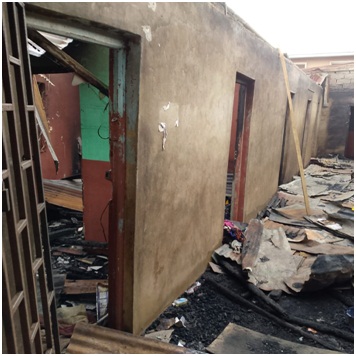Computer literacy low among students—Survey
By Favour Norberth,
Samuel Ajana,
& Bukola Asekunowo
|
Nigeria’s march towards attaining 95 percent digital literacy in 2030, as contained in the National Digital Economy Policy and Strategy (NDEPS), 2020-2030, may not be achievable as many primary, secondary and higher institutions are without adequate computer systems. The Hope can confirm.
Our survey also revealed that students spend very little time using computer systems. Factors such as lack of adequate computer systems, overpopulation and epileptic or no power supply militate against computer literacy among students.
Some of the students who spoke with The Hope said they only have access to computers during periods allotted for computer studies in their various schools.
We observed that many mushroom private schools are without computer laboratories, competent teachers and computer education is only taught theoretically.
A private school student in Ondo State, Miss Bidemi Lawal, said she and her mates were only allowed into her school’s computer room during computer studies periods.
“We have computer studies twice a week and that is the only time I can visit the computer lab. Sometimes, we do not do any practical work unless there is power supply.”
According to a 300l university student in the state, Yemisi Adelabu, “I only did computer courses in 100 level and ever since, it has all been theory based.
“It is still surprising that some of our lecturers cannot even use digital tools to teach; I mean, use applications like Zoom, Google Meet, and Teams to hold classes.
“Aside from the little computer knowledge I had in secondary school, I don’t think I have learnt anything new,” she explained.
Reports from different parts of the country also revealed a similar situation. Favour Ebhozele, an SS2 student in Edo State, also said, “my school has a computer laboratory where students have practical classes. That’s the only time we can use the computer in school. I just started learning the basics of operating a computer, like turning it on and off, but I am still learning how to type, save documents and draw.
Lucky Opubo, an SSI student in Lagos, said: “I am not computer-literate because students are not allowed to use the computers in my school. Although we have a full-time computer teacher, he teaches students how to use the computer.
A 2020 National youth survey revealed that 55% of youths between ages 15 and 35 don’t know word processing and are yet to understand the relevance of technology in this digital 21st century, making them unemployable in the job market.


